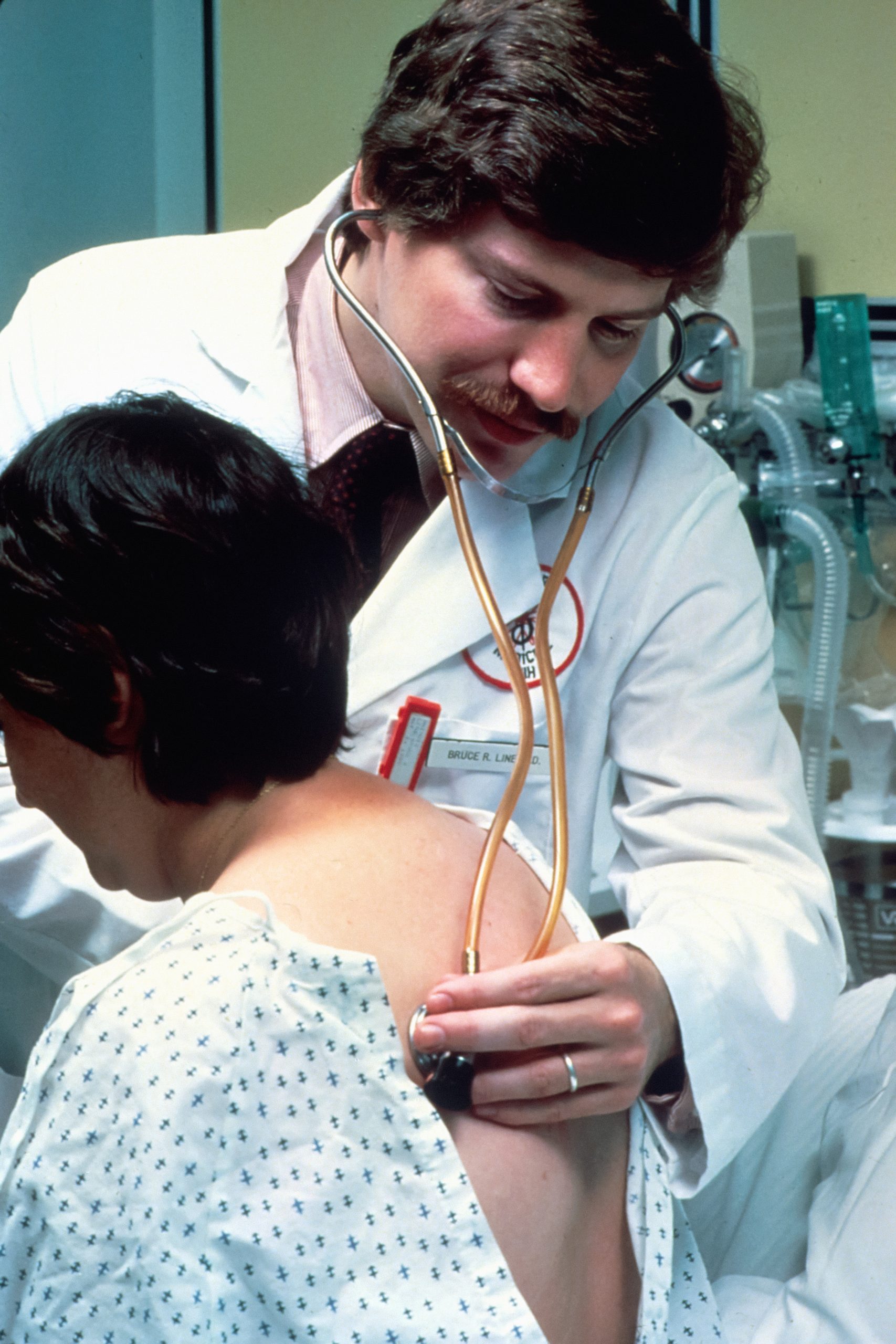Whooping cough, also known as pertussis, is often associated with childhood but can affect adults as well. The disease is highly contagious and can be serious, particularly in older adults and those with weakened immune systems. Here’s what you need to know about whooping cough in adults.
Symptoms of Whooping Cough in Adults
The symptoms of whooping cough in adults are similar to those in children but may be less severe. Adults with whooping cough typically experience bouts of severe coughing that can last for several weeks, often followed by a whooping sound as they try to catch their breath. Other symptoms may include:
- A persistent cough that lasts for weeks
- Fatigue
- Sneezing
- Runny nose
- Mild fever
Diagnosis of Whooping Cough in Adults
If you suspect you have whooping cough, it is essential to see a healthcare provider for diagnosis and treatment. Whooping cough can be diagnosed through a physical exam and a laboratory test that checks for the presence of the bacteria that causes the disease.
Treatment of Whooping Cough in Adults
The primary treatment for whooping cough in adults is antibiotics, which can reduce the severity and duration of symptoms and prevent the spread of the disease. Antibiotics are most effective when given early in the course of the illness, so it is essential to seek medical attention as soon as possible if you suspect you have whooping cough.
In addition to antibiotics, supportive care can help alleviate symptoms and promote healing. This may include rest, fluids, and over-the-counter medications to relieve coughing and reduce fever.
Prevention of Whooping Cough in Adults
The best way to prevent whooping cough in adults is to get vaccinated. The Centers for Disease Control and Prevention (CDC) recommends that all adults receive the Tdap vaccine, which protects against tetanus, diphtheria, and pertussis. The vaccine is typically given as a one-time dose, with booster shots recommended every 10 years.
In addition to vaccination, it is essential to practice good hygiene to prevent the spread of whooping cough. This includes washing your hands frequently, covering your mouth and nose when coughing or sneezing, and staying home if you are sick.
Conclusion
Whooping cough may be thought of as a childhood disease, but it can affect adults as well. The disease can be serious, particularly in older adults and those with weakened immune systems. If you suspect you have whooping cough, it is essential to see a healthcare provider for diagnosis and treatment. Antibiotics are the primary treatment for whooping cough, and the best way to prevent the disease is through vaccination and good hygiene practices. By staying informed and taking proactive steps to protect yourself, you can help prevent the spread of whooping cough and protect your health.




